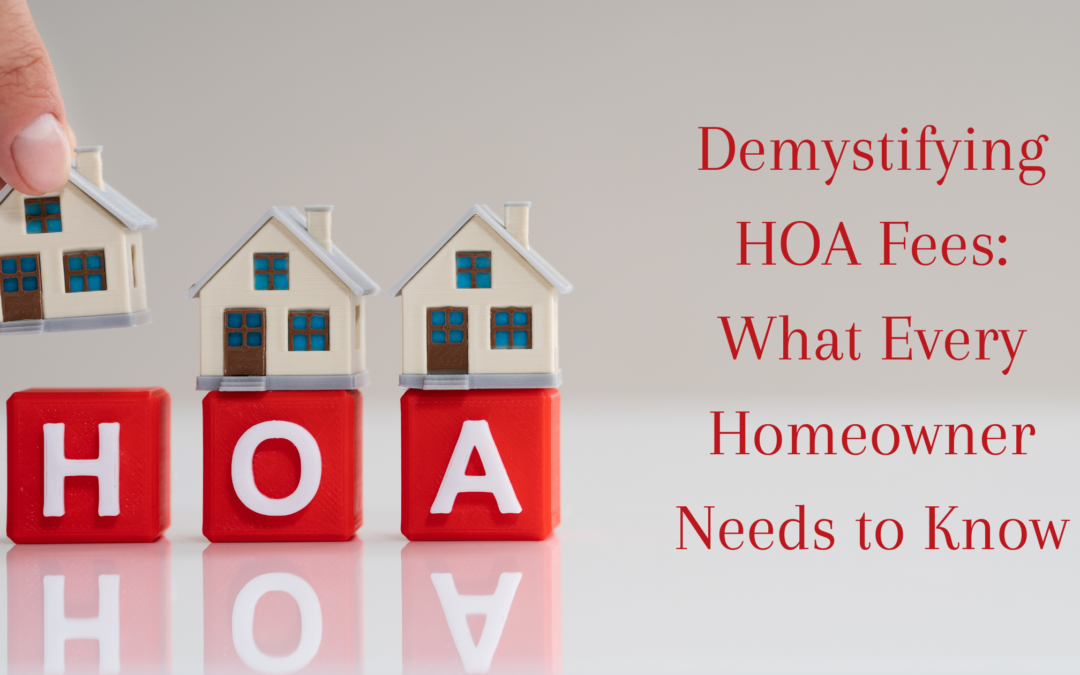Ever wonder about those hefty fees associated with homeowners associations (HOAs)? Well, with more and more of us becoming part of HOAs, it’s no surprise that financial advisors and tax pros are becoming bombarded with questions about how to handle these expenses.
According to Bankrate, these costs can add up to hundreds of dollars a month on top of your mortgage and other bills, depending on where you live and what amenities your community offers. But fear not! There are some strategies you can consider.
If you’re a self-employed business owner using your home for work or renting it out, you might qualify for some tax deductions, says Jack Oujo of Oujo Wealth Strategies. And there’s something called the “Masters” or “Augusta” rule that could help you deduct some rent payments from your income.
But before diving in, it’s crucial to understand where your money’s going and what you’re paying for. Jack recommends checking out those financial statements and documents from your HOA. After all, they’re supposed to benefit everyone in the community.
Now, let’s talk numbers. HOAs are booming, with millions of residents across the country shelling out billions in assessments every year. These fees cover everything from maintenance to amenities like pools and clubhouses.
But here’s the kicker: HOA fees can vary wildly depending on where you live and what your community offers. So when you’re house hunting, make sure you factor in these fees alongside your mortgage payments. You don’t want any surprises down the road.
As for taxes, well, it’s a bit of a mixed bag. Generally, you can’t deduct HOA fees if you’re using the property as your main residence. But if you’re renting it out or using it for business, there might be some wiggle room.
Just keep in mind that tax laws can change, so it’s always a good idea to stay informed. And if you’re working from home for a company, you might be able to get a reimbursement for your HOA fees, but there are some caveats.
Long story short, HOA fees are a part of life for many homeowners, but with the right knowledge and planning, you can make sure they don’t break the bank.
Tax strategies for homeowner association fees | Accounting Today
